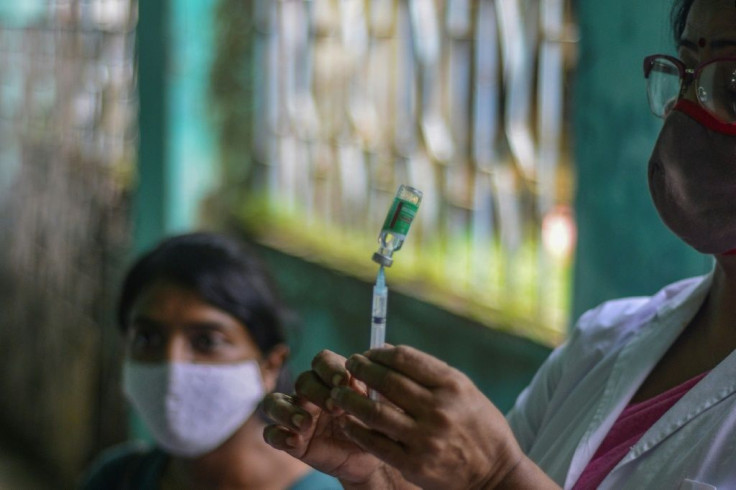Nipah Outbreak In India: What We Know Of The Disease Deadlier Than COVID-19
KEY POINTS
- A 12-year-old boy succumbed to Nipah virus in Kerala, India
- Nipah is a deadly virus transmitted from animals to humans
- Symptoms include fever, headache and respiratory disorders
Even as India struggles with resurgent COVID-19 cases, a deadlier bat-borne virus has been spotted in the southern part of the country. After a 12-year-old boy recently succumbed to the Nipah virus (NiV) in India’s southern state of Kerala, local authorities have stepped up measures to identify and contain the outbreak.
The boy was admitted to a hospital in Kozhikode with high fever last week but his condition fast deteriorated. The doctors suspected an inflammation of the brain, known as encephalitis, and sent his blood samples to to the National Institute of Virology, where the Nipah virus was identified.
The virus that spreads from animals to humans has created a country-wide panic. However, since most preventive measures are already in place because of the coronavirus, such as the availability of PPE kits and masks, the government is hoping to curb the outbreak without any other casualties.
State health minister Veena George said the government was able to trace and identify all the 188 people who came in contact with the young victim; 20 high-risk primary contacts, including the boy’s family, were strictly quarantined.
Two healthcare workers who showed the symptoms after coming in contact with the victim were hospitalized and tested immediately. The area surrounding the victim’s house was also sealed. This is the second time the virus has caused havoc in Kerala in three years.
The federal government has sent in a team from the National Centre for Disease Control (NCDC) to help the local authorities counter the situation. A Zika virus outbreak in Kerala last year was contained successfully.
Just like coronavirus, Nipah can be spread from animals to humans or via contaminated food. It also progresses when an infected individual comes in contact with another. Fruit bats are supposed to be the carriers of this deadly virus. They transmit it to other animals like dogs, pigs, horses, goats and cats.
Some of the most common symptoms are fever and headache that last more than two to three days followed by sore throat, cough and other respiratory issues. If not treated in time, it can lead to swelling of the brain cells, then even coma and death.
WHO says that to prevent the virus, it is important to always wash your fruits and vegetables to get rid of any contamination. If you notice any bat bites on the fruit, discard them immediately.

© Copyright IBTimes 2024. All rights reserved.




















